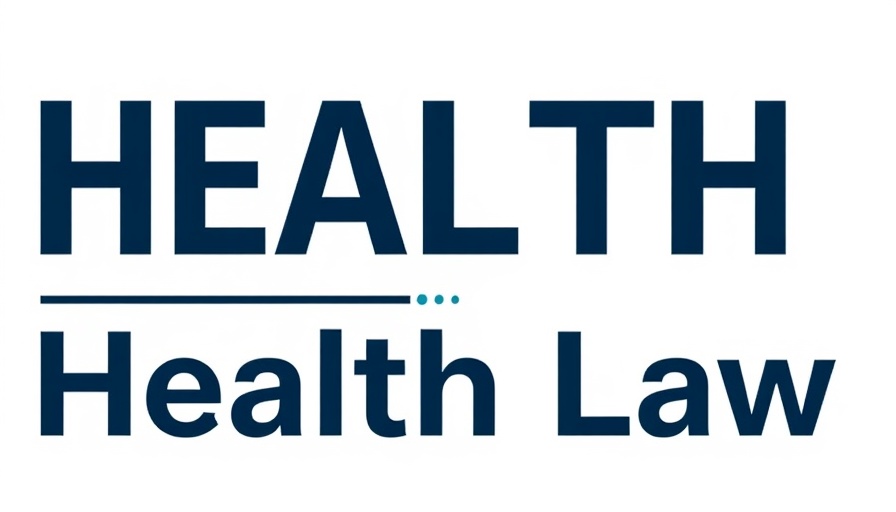
If You Mistakenly Prescribe Controlled Substances: What You Need to Know
The world of healthcare regulations can be a murky one for concierge medical practice owners looking to expand their services. As more practitioners turn to telehealth and online consultations, sometimes they may find themselves prescribing controlled substances across state lines without realizing the legal implications. Understanding both federal and state regulations is crucial to avoid serious legal repercussions.
Understanding the Federal Landscape
The Drug Enforcement Administration (DEA) plays a pivotal role in overseeing controlled substances in the United States. If a situation arises where a healthcare provider unknowingly prescribes a controlled substance to a patient outside their licensed state, federal reporting requirements come into play. Providers are obligated to report any suspicious orders, which include orders that are unusually large or frequent.
The consequences of failing to adhere to these regulations can be severe. If a provider’s state license has been suspended or revoked, the DEA can similarly suspend their DEA registration. This could put a practice’s reputation—and its ability to operate—at risk. Thus, understanding when to notify the DEA, and the potential implications of a lapse in licensing, should be top-of-mind for providers.
State-by-State Reporting Requirements
States also have unique reporting requirements that can make compliance daunting. For instance, in Georgia, a physician could face disciplinary action for unprofessional conduct if they prescribe controlled substances without proper licensure or a established physician-patient relationship. This reflects a trend where state boards may impose strict scrutiny on out-of-state consultations, particularly those conducted via telemedicine.
For concierge practices, where doctor-patient relationships are often built on trust and accessibility, the risk of misunderstanding or misrepresenting licensing can undermine this bond. Therefore, it’s wise to consult specific regulations in each clinical jurisdiction where you serve patients.
Proactive Measures for Compliance
To safeguard against inadvertent violations, medical practitioners should consider establishing a clear communication channel that includes legal counsel versed in healthcare compliance. Regular training sessions highlighting changing regulations and best practices would also benefit staff and doctors alike.
Furthermore, documenting every telehealth consultation assists in maintaining compliance. Keeping accurate records will provide accountability and transparency if any issues arise regarding prescriptions made across state lines. This documentation could serve as a valuable tool in any potential inquiries.by a state medical board or the DEA.
Ultimately, Knowledge is Power
As a concierge medical practice owner, deepening your understanding of both federal and state regulations about prescribing controlled substances is essential not only for operational success but also for maintaining ethical standards in patient care. The potential risks involved call for proactive management strategies and continuous education.
In conclusion, it is vital to stay informed about legal obligations associated with your practice. The integrity of your practice, your relationship with your patients, and ultimately the success of your business hinge on your ability to navigate these complex rules effectively. If you’re looking for further clarity on these issues or wish to discuss a specific case, reaching out to healthcare legal experts is a prudent first step.
 Add Row
Add Row  Add
Add 






Write A Comment